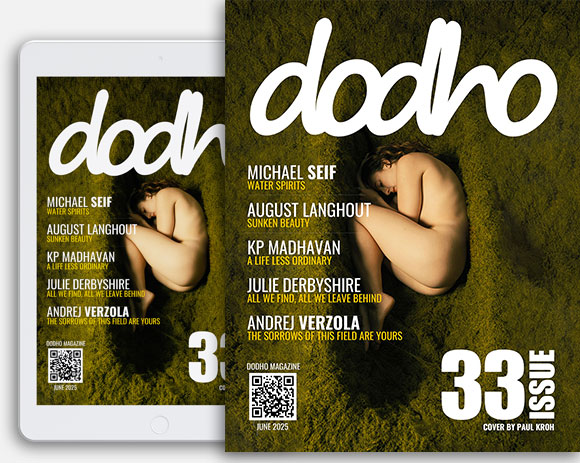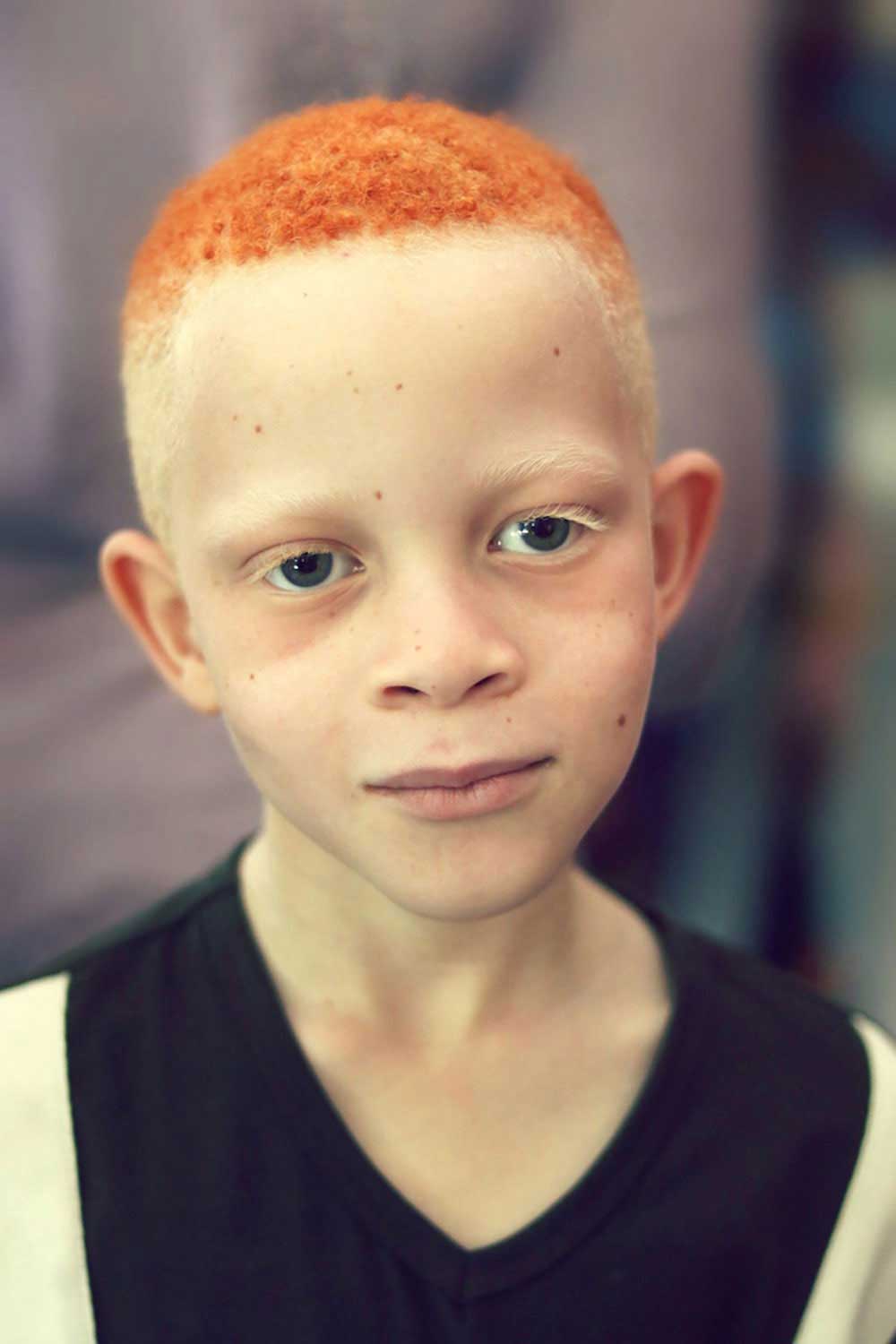These pictures were taken during the 2019 edition of World Albinism Day at the United Nations Information Center in Dakar.
In Senegal, 95% of People Living with Albinism die before the age of 30 because of skin cancer. A vast majority of these people are illiterate and forced into begging because of the discrimination and persecution they suffer from.
In West Africa, it is a traditional belief that having sexual intercourse with an albino can cure AIDS. Many People Living with Albinism are even mutilated and killed, as having a hand of theirs is believed to bring good luck.
About Antoine Janot
Born in 1988, Antoine Janot is a multidisciplinary artist from Paris. After graduating as an audiovisual technician in 2010, he deepened his cinematic studies with a masters degree in Cinema at the University of La Sorbonne. He co-produced an independent documentary (The Sleep of the Crowd, 2013) and directed several experimental short films, including Electrical Bodies (2019), The Fog People (2016), which has been selected in various festivals around the world and won the Best experimental film at the Bucharest Short Film Festival, as well as Lullaby for 17 Skyscrapers, 192 Buildings and 13,851 Inhabitants (2016), which has been broadcasted on french television. He is currently working on his first fiction feature film, La Marche funèbre, a social drama produced by Les Valseurs.
Antoine’s versatile practice combines photography, painting and writing. His photographic series include The house with no address, which portrays homeless people’s attempt to create a sense of privacy in public spaces, and The Colors of Time, presenting abstract compositions that appeared on tombstones over time. His most recent series, Without colors, presents the daily struggle of people living with albinism in West Africa. Antoine’s work has been exhibited in various art galleries around Europe and America.
He published an essay, Has cinema gone silent? (l’Harmattan, 2014), various novels (Le Goûteur, Abatos, 2016 ; Le croque-neige, l’Harmattan, 2017) as well as two poetry anthologies (Outdoor & indoor poetry, Maïa, 2020 and Short Stories, Les impliqués, 2017). In the last three years, he has also co-founded two NGOs: Les Hôtels Solidaires which distributes food and sanitary products to the needy, and was awarded Paris’ town hall’s Social Economy prize in 2019, as well as the international NGO NOW which aims to empower oppressed minorities around the world.
















